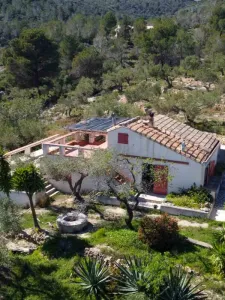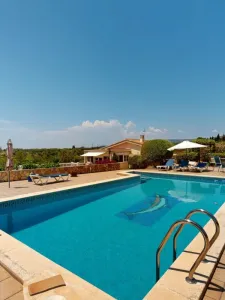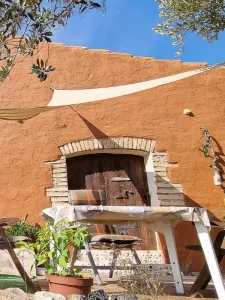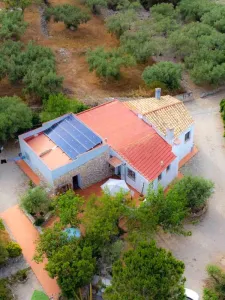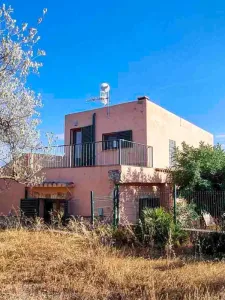
When it comes to purchasing a house in Spain, being well-informed and prepared can make all the difference in ensuring a successful and hassle-free experience. To help you navigate the process with ease, here are some important dos and don'ts to consider:
Dos:
- Research Extensively: Conduct thorough research on the Spanish property market, including the region or city where you plan to buy. Familiarize yourself with local laws, regulations, and market trends to make informed decisions.
- Engage a Qualified Real Estate Agent: Seek the assistance of a reputable real estate agent who specializes in the area you're interested in. A knowledgeable agent can provide valuable insights, guide you through the process, and help negotiate the best terms.
- Arrange Finances in Advance: Secure your financing options before starting your property search. Consult with financial advisors and mortgage brokers to understand the available options, ensuring you have a clear understanding of your budget and potential loan terms.
- Visit the Property in Person: Whenever possible, visit the property you're interested in before making a final decision. Take the time to inspect the property thoroughly, assess its condition, and verify that it meets your requirements.
- Hire an Independent Lawyer: Engage the services of an independent lawyer who specializes in Spanish property law. They will review the legal documentation, guide you through the contract process, and ensure that your interests are protected.
- Understand Additional Costs: Be aware of the additional costs associated with buying property in Spain, such as property transfer tax, notary fees, and registration fees. Factor these costs into your budget to avoid any surprises.
Don'ts:
- Rush the Process: Avoid rushing into a property purchase without conducting proper due diligence. Take your time to explore different options, compare prices, and consider various factors before making a commitment.
- Overlook Legal Requirements: Ensure that all legal requirements are met before completing the purchase. This includes checking the property's legal status, obtaining necessary permits, and ensuring compliance with local regulations.
- Depend Solely on Verbal Agreements: Verbal agreements may not hold legal weight in Spain. Always ensure that all important agreements, terms, and conditions are documented in writing to protect your interests.
- Ignore the Community and Neighborhood: Consider the community and neighborhood where the property is located. Research the local amenities, transportation links, schools, and services to ensure they align with your lifestyle and preferences.
- Dismiss the Importance of Resale Potential: Even if you plan to use the property as a second home or vacation residence, it's essential to consider its resale potential. Opt for a property that has good marketability and potential for growth in value.
- Forget to Obtain an Energy Efficiency Certificate: In Spain, an energy efficiency certificate is required for the sale of any property. Ensure that the property you're buying has a valid certificate, which rates its energy performance.
By following these dos and don'ts, you can navigate the process of buying a house in Spain with confidence and minimize any potential pitfalls. With proper preparation and guidance, you'll be well on your way to finding your dream home in the vibrant and diverse landscape of Spain.
